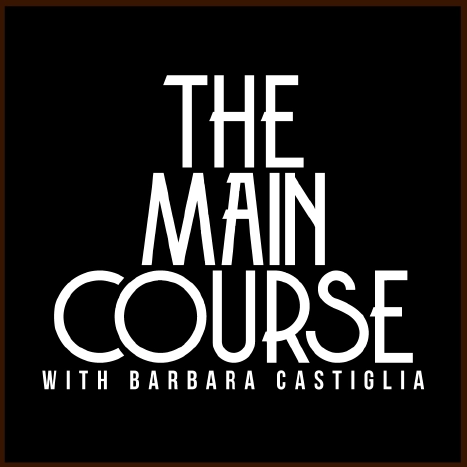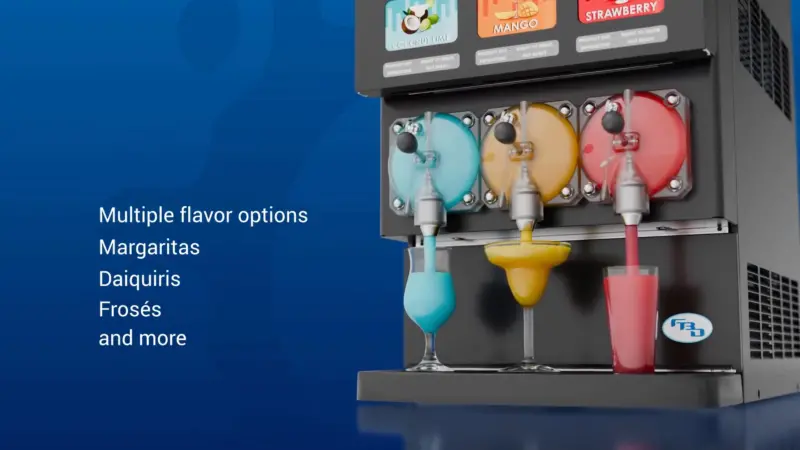How Employees Are Managing Crisis Communications for Restaurants
Food is serious business. Now, on The Main Course, host Barbara Castiglia will invite insiders on the front lines of food to share their expertise, strategies, and forecasts for navigating the ever-changing restaurant industry.
Covering all aspects of the restaurant world is what The Main Course is all about. The series has looked at almost every angle regarding the COVID-19 impact. Today, host Barbara Castiglia opens the door on one more—crisis communications. Experts in the area, Dave Poston and Megan Paquin, CEO and VP of Poston Communications, respectively, shared their perspectives on the topic.
“Crisis communication is now way beyond the regular problems restaurants faced. Now they have to cope with the constant stress of a new challenge,” Poston said.
A vital aspect of crisis communication is reputation protection. Paquin added, “They should consider reputation as their most valuable asset outside of financial ones. Restaurants are thinking about dollars but sometimes forget about reputation.”
Crisis communication includes three main factors: plan, respond, advocate. Paquin noted that restaurants feel they are in an ever-responding response phase.
“It’s a good time to step back and plan to to assess current and future risk objectively and what the vision to endure will be like,” she said.
Poston also talked about empowering employees to send out clear, consistent messages is critical in crisis communication. He said, “Employees are the most important stakeholder group. Advocacy and promotion starts with them, so they need to feel safe and know how to communicate to guests, so they aren’t interpreting on their own.”
Overall, they both feel there is optimism ahead for the industry. Paquin said, “You can’t replicate the dining experience online. Customers have an emotional tie to restaurants, and that will help them prevail.”




